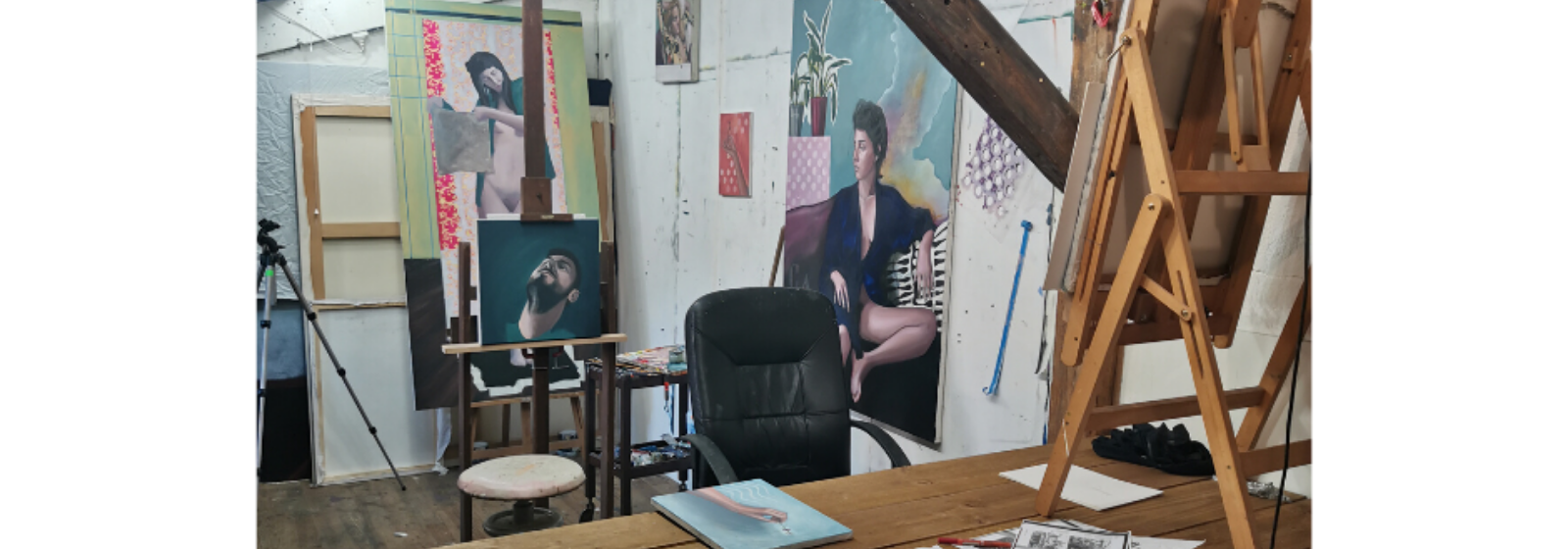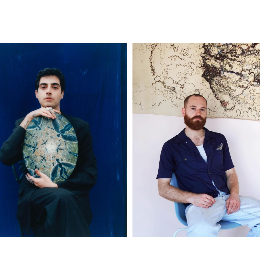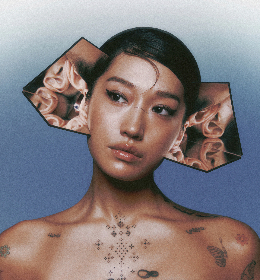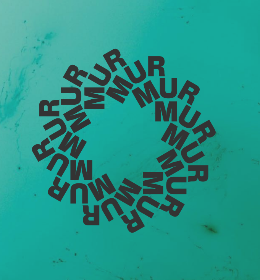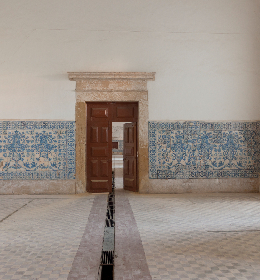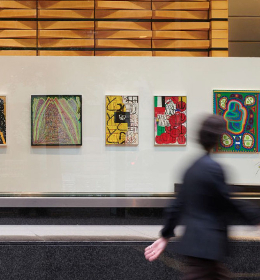Born in Chile, the artist arrived in Paris “almost by accident” in 2013. Trained in painting both in Santiago and in Paris, his relationship with the medium has often been troubled - he describes it as love/hate. Passionate about cinema, he once worked with video, but came back to his first love. “I feel like I’m constantly in search of images that I don’t manage to find. The blank canvas makes me symbolically feel like an explorer, like Percy Fawcett looking for his lost city, of which he only found fragments, but they confirmed that the city was there,” he explains.
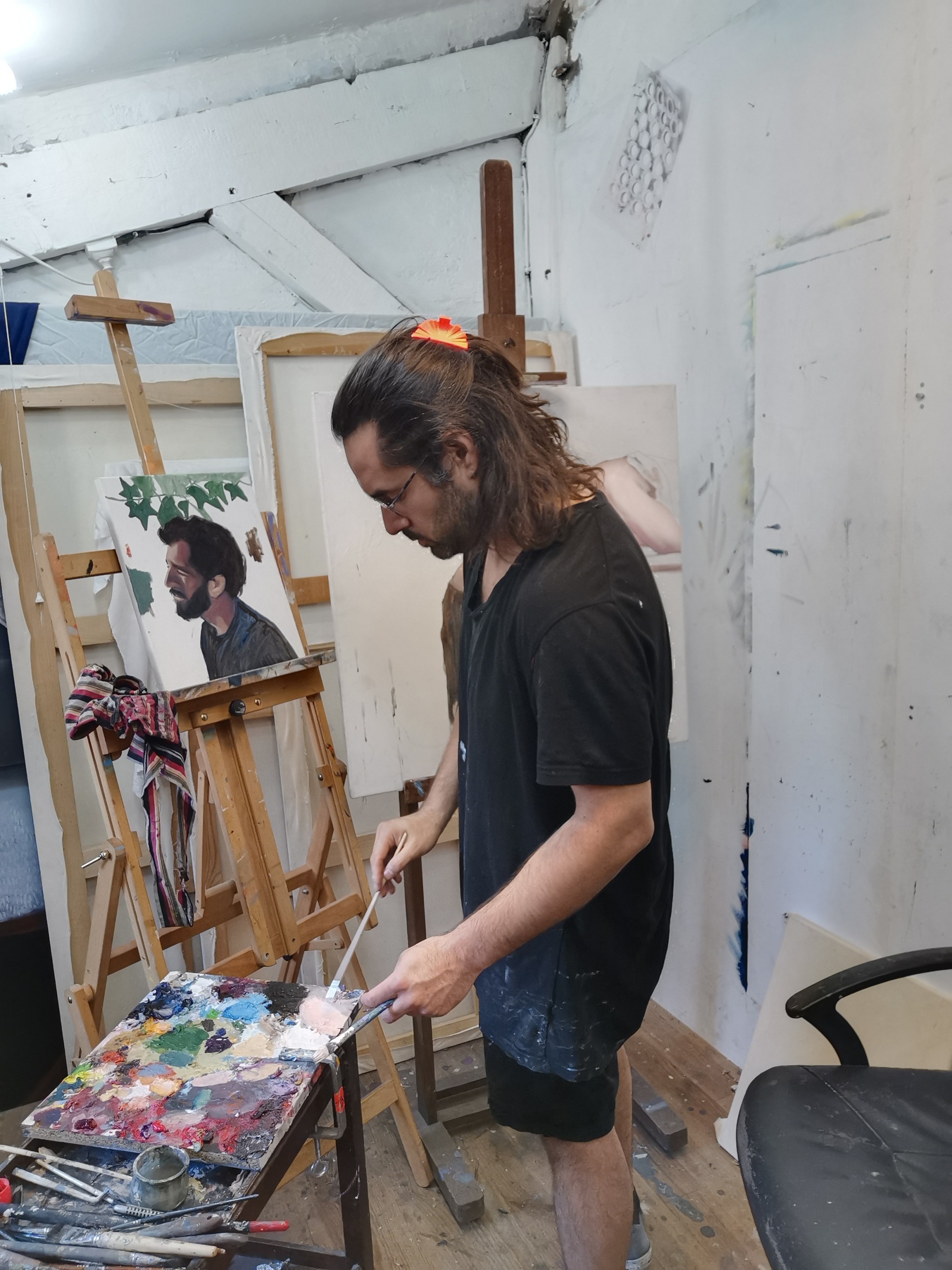
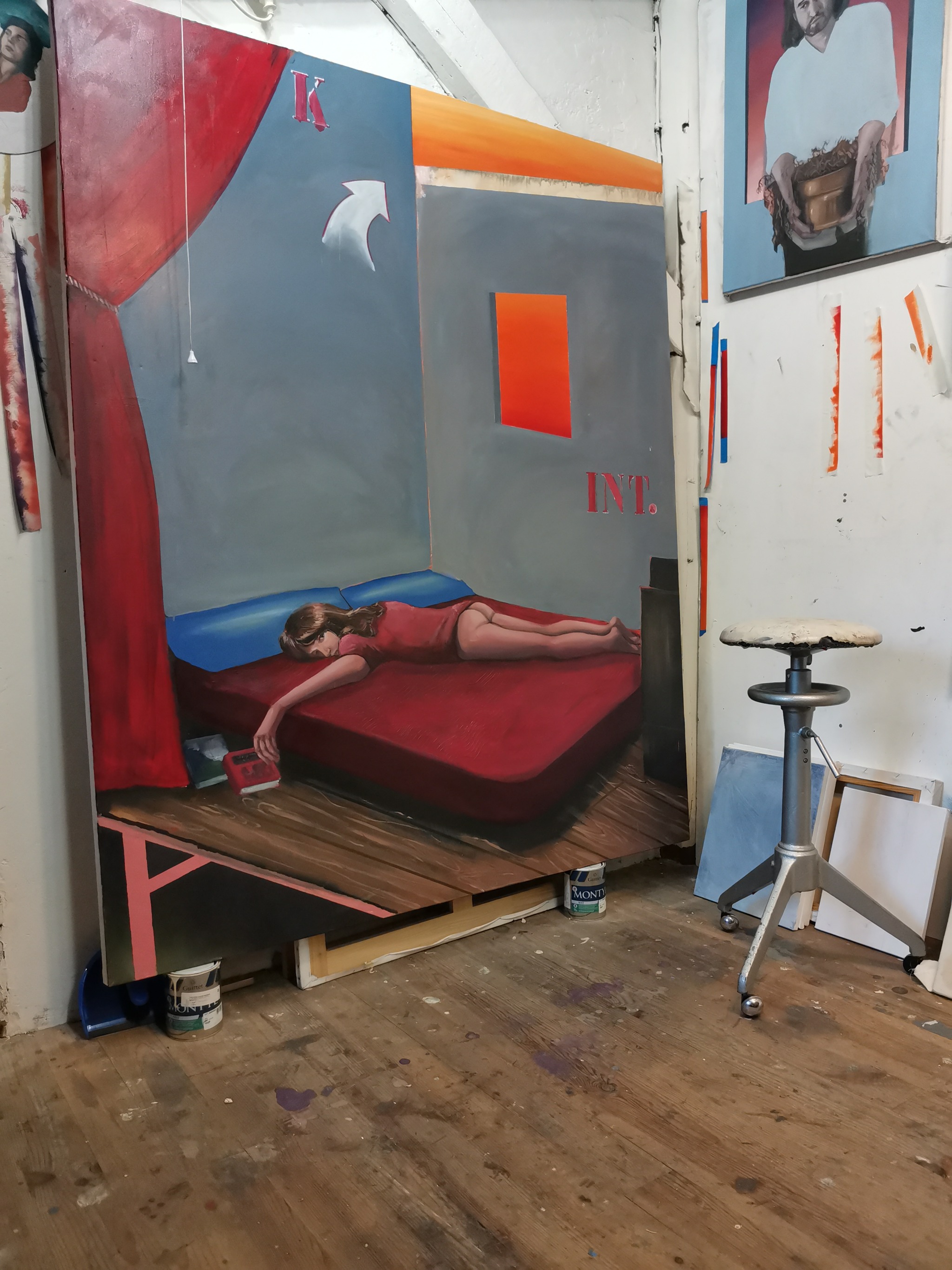
Initially, his painting focused mainly on landscapes, largely of his native city, “not in order to move or touch the public, but rather to portray imaginary worlds, guided by photos, childhood memories or Google Street View”.
“When I look back at my work, I often think of the Schrödinger’s Cat paradox. This is a hypothetical thought experiment where a cat is shut in a box, connected to a device which could kill the animal. As long as the box is shut, the cat may be simultaneously both alive and dead. This paradox thus leads me to another concept that I often use to talk about my landscapes: nowhere.” A type of third landscape, beyond the real and the imaginary.
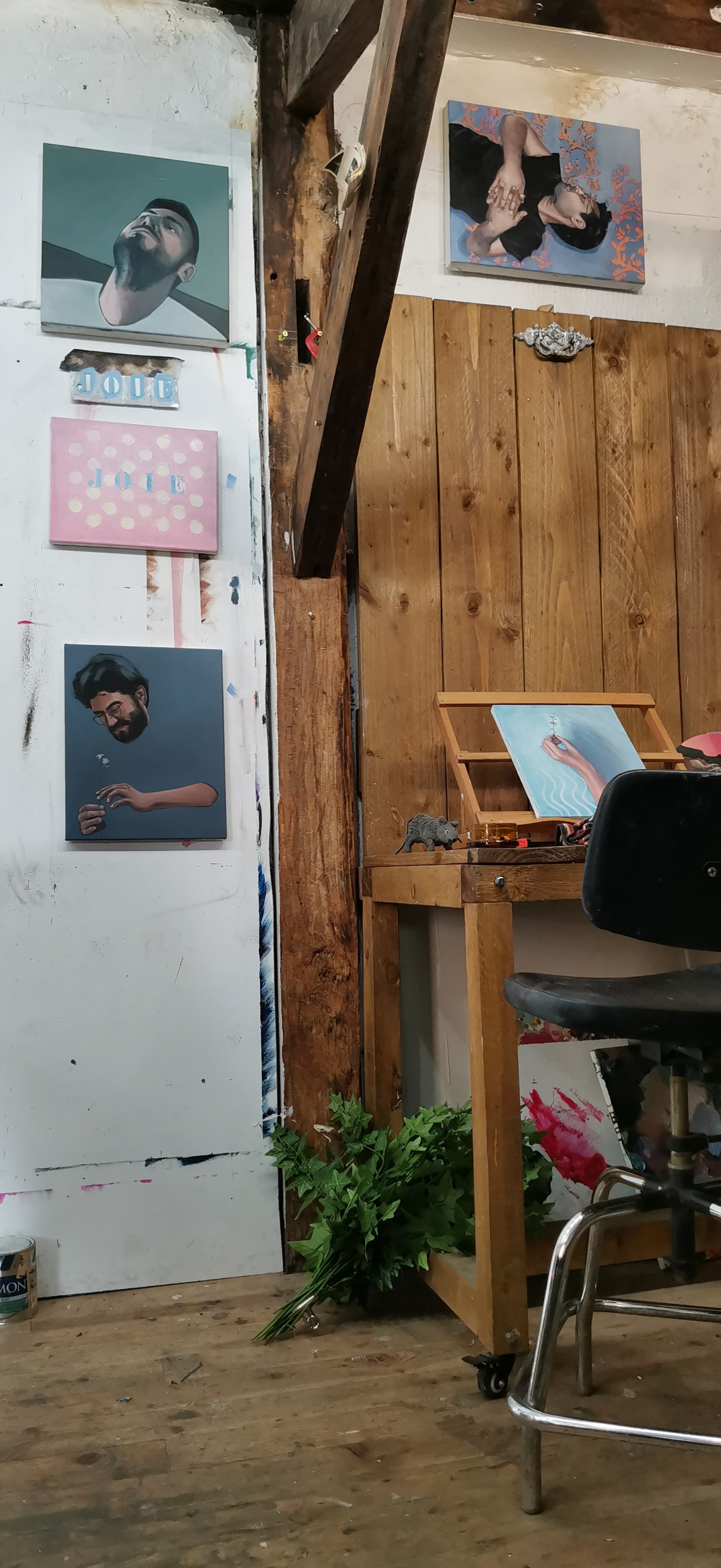
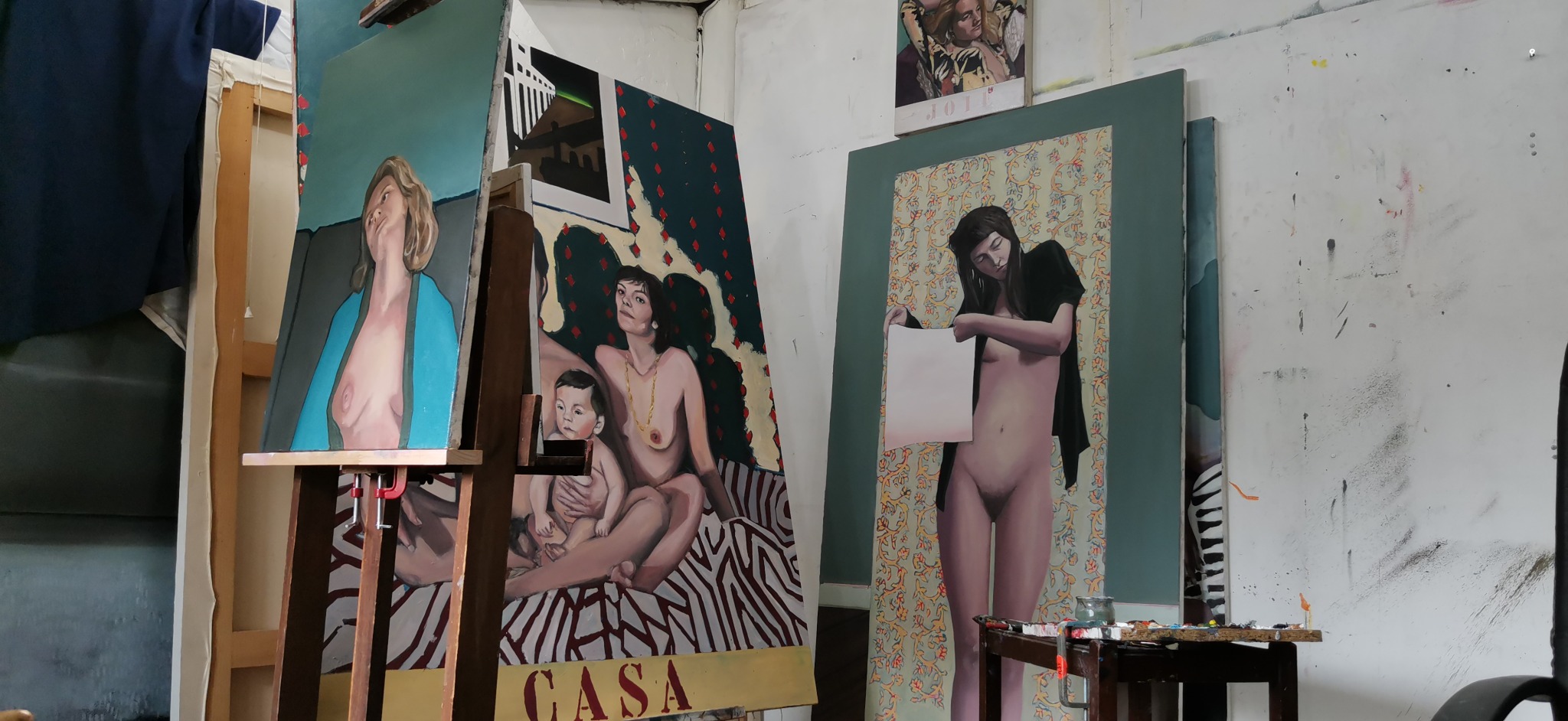
In recent years, people have started making their way onto his canvases, in staged scenes where action is absent: “the difference between a plant and a person is minimal - the nudes are not meant to be erotic for example, quite the opposite”.
Inspired by “Theatrum Mundi”, in which the actors play multiple roles, the artist presents “staging without anecdotes, characters without roles, incomplete stories without narration” in an unexpected way.
Through his paintings, Nicolas Olivares likes to construct a type of “disillusioned private life, in which the characters are suspended in a lethargic silence, inactive and placed into a simulacrum of everyday life, not giving a damn about their surroundings”. The artist also draws inspiration from the work of certain painters of the Nordic renaissance, including Lucas Cranach (the elder), “where the individuals are placed in an almost cinematographic way, in a sort of nowhere”.
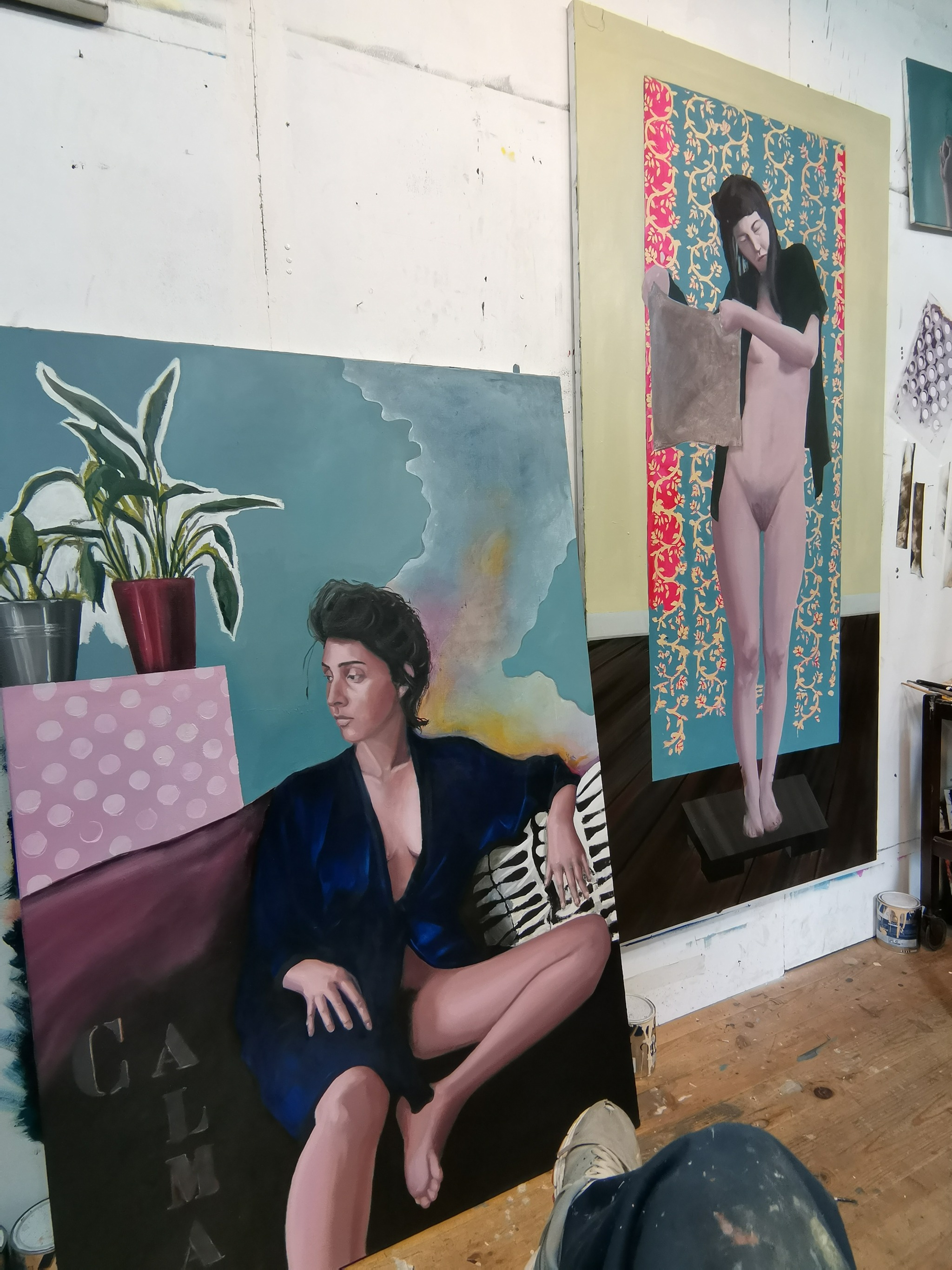
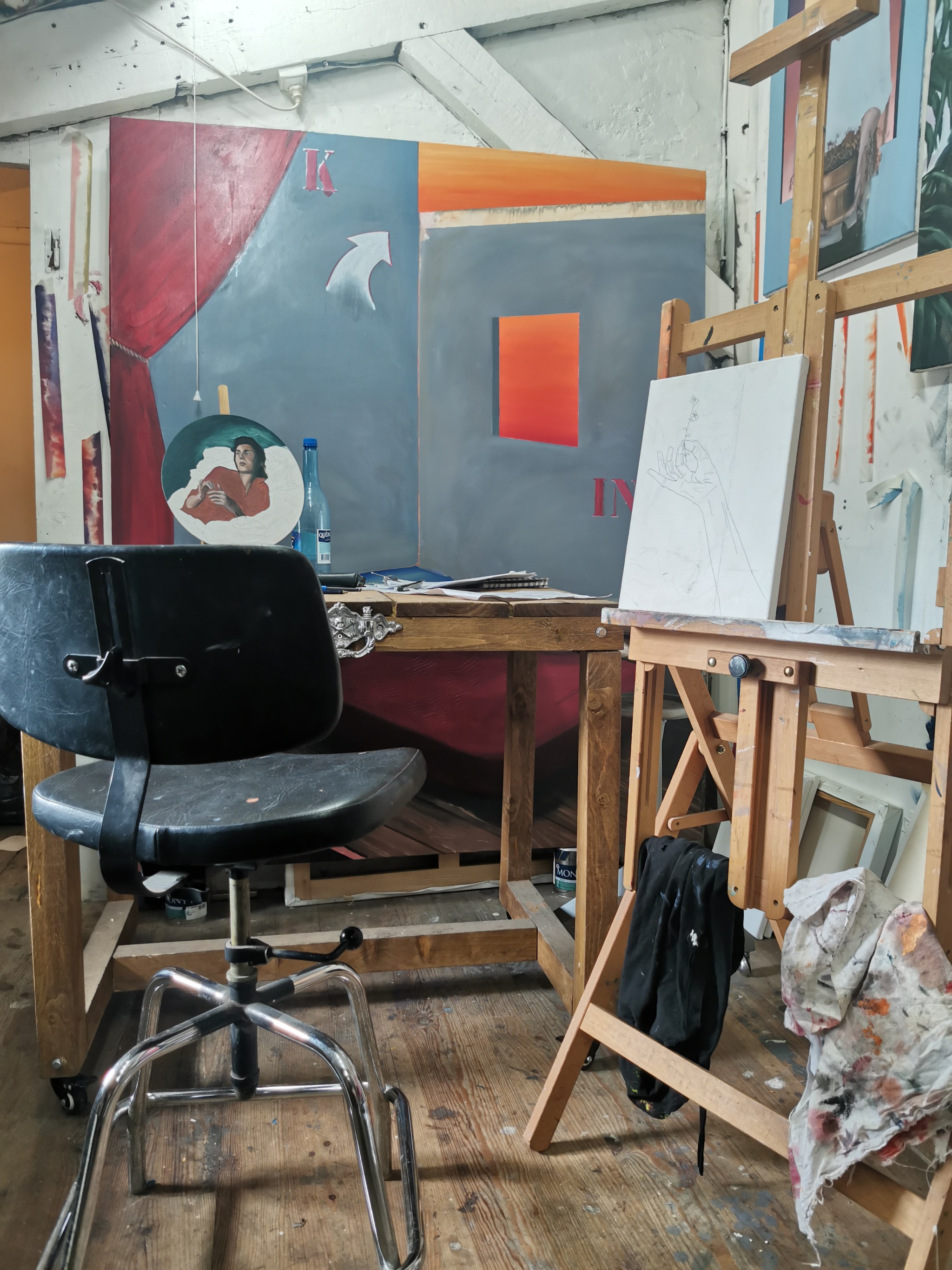
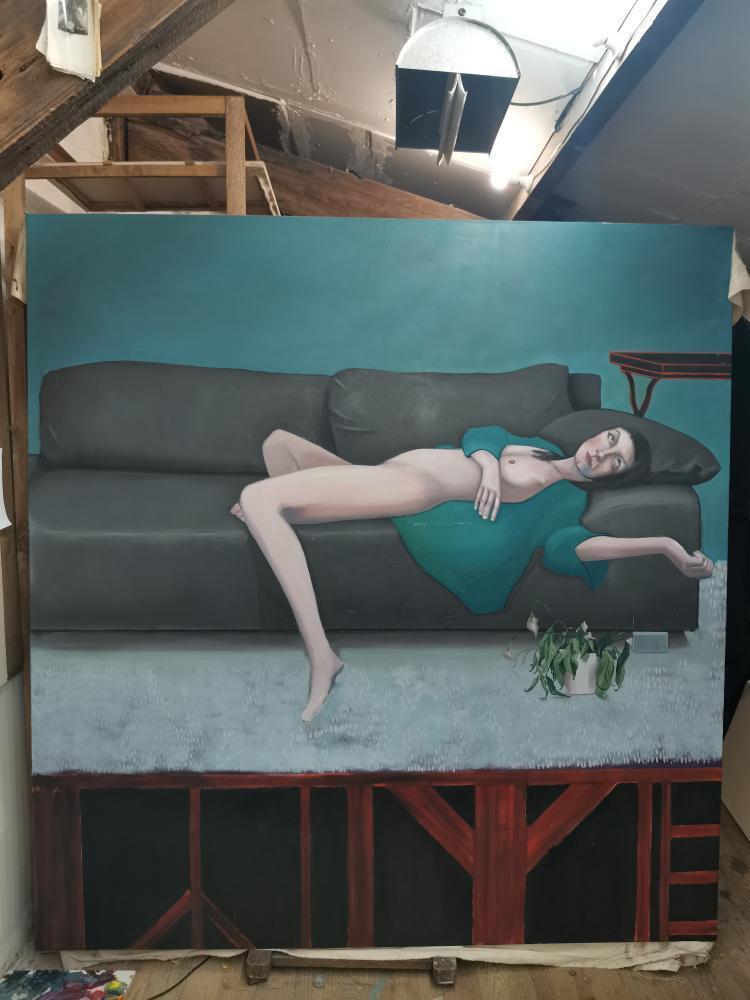
It is around these themes that his current research revolves, with the idea of presenting a particular view of “the artificiality of the everyday”.
Nicolas Olivares




